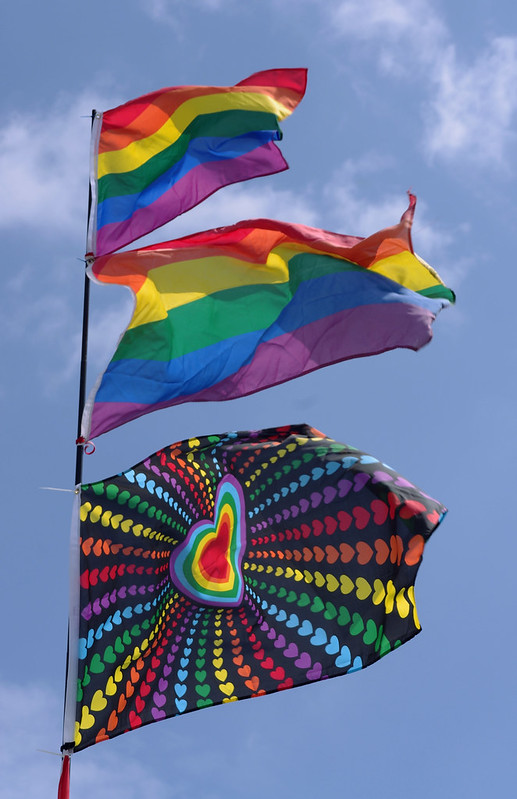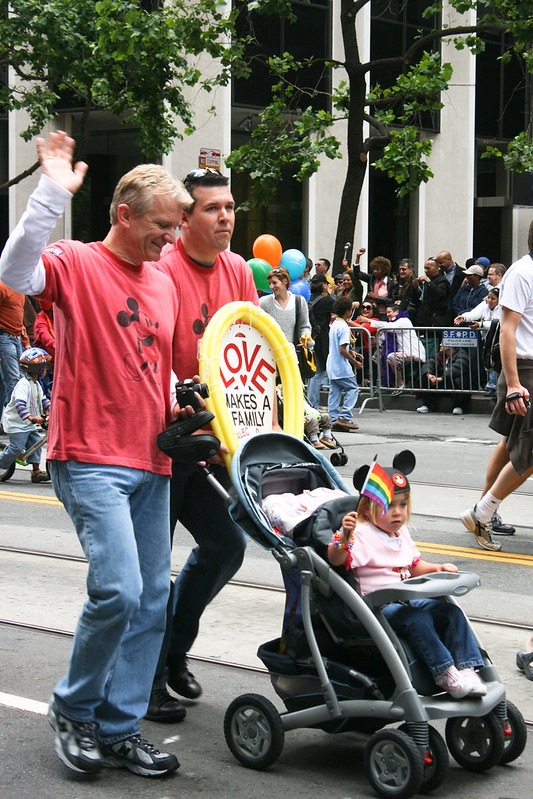Mental Health
LGBTQ individuals experience unique risk factors related to mental health. Stress due to prejudice, discrimination, and even violence has been shown to be related to mental health as well as physical health problems. Research suggests that gay, lesbian, and bisexual adults experience a higher rate of discrimination than heterosexual adults, and that this discrimination may lead to a lower quality of life and increased rates of mental illness, such as depression, anxiety, and substance use disorders. Gay, lesbian, and bisexual youth have also been found to experience increased rates of depression and suicidal thoughts compared to their heterosexual peers.
Participate in studies for LGBTQ individuals
Same Gender Parenting
Many lesbian and gay adults want to become parents (Riskind & Patterson, 2010; Shenkman, 2012). Approximately 19% of same gender couples had children in the 2010 US Census (Lofquist, 2011), a number that has likely grown in the years since. Between 2 and 14 million children are with lesbian or gay parents in the US (Patterson & Friel, 2000).
The 2013 National Health Interview Survey (NHIS) found that 200,000 same gender couples and between 1.1 and 2 million single gay, lesbian, and bisexual adults are raising children (Gates, 2014).
Gay men often become parents through surrogacy (Martin, 1993), and gay and lesbian individuals have also become parents or caregivers through adopting or fostering children (Golombok, 2002; McCann & Tasker, 2000; McClellan, 2001; Sullivan & Baques, 1999). Other gay, lesbian, and bisexual parents have children from previous heterosexual relationships.
Research consistently shows no differences in psychological adjustment of children born to same gender parents and those of heterosexual parents (Brewaeys, Ponjaert, Van Hall, & Golombok, 1997; Fingerhut & Peplau, 2013; Flaks, Ficher, Masterpasqua, & Joseph, 1995; Golombok, Perry, Burston, et al., 2003; Golombok, Tasker, & Murray, 1997, MacCallum & Golombok, 2004; McCandlish, 1987; Steekel, 1987). In our lab, we are not interested in comparing same gender parents to heterosexual parents. Instead, we are interested in what characteristics of same gender parent are associated with resilience, adaptive psychological functioning, and stress.



